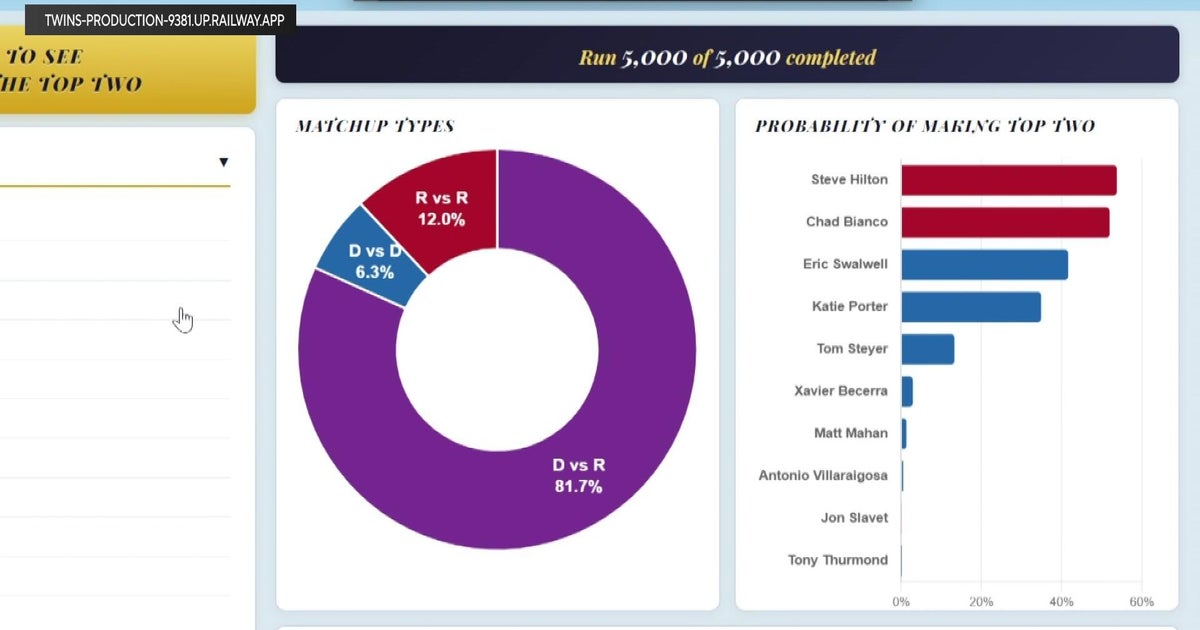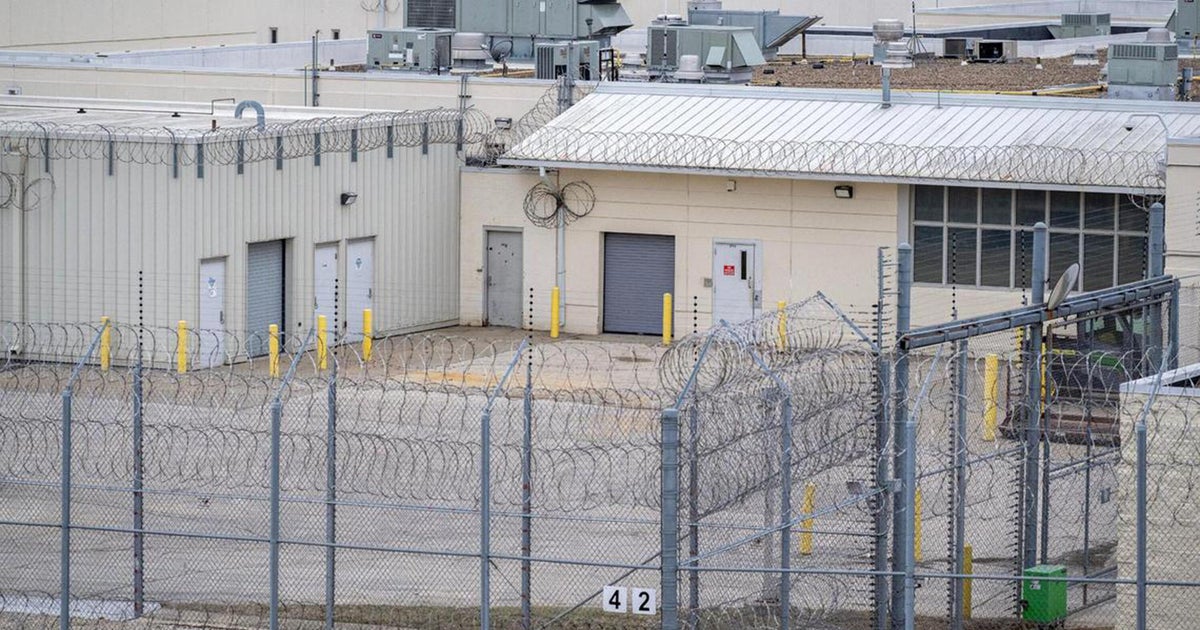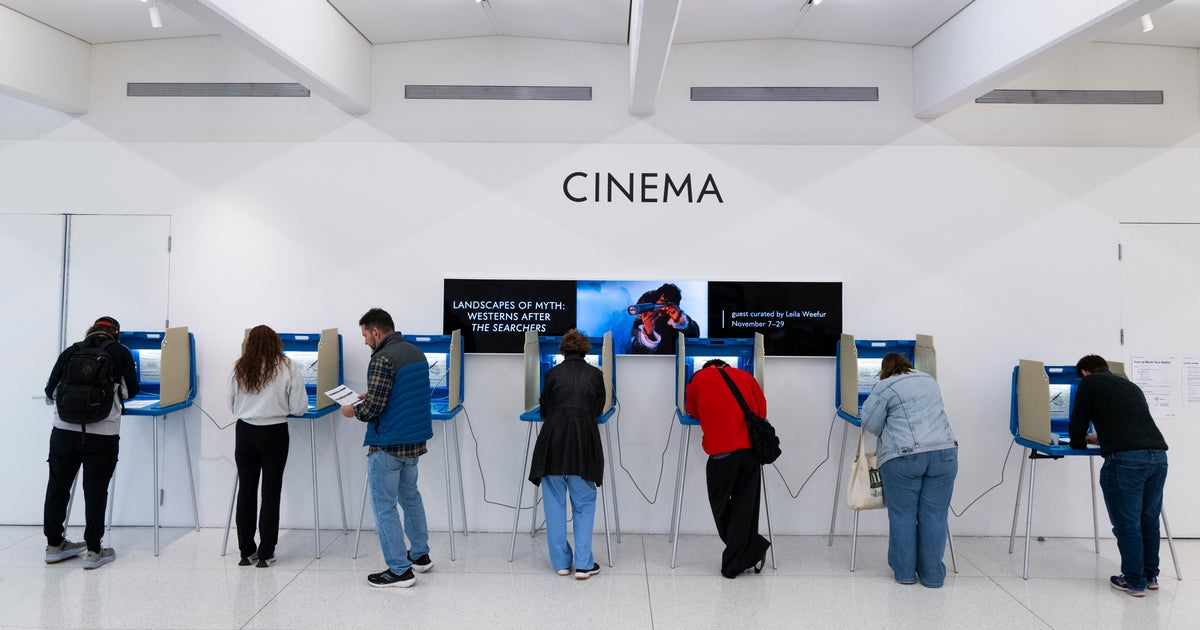Math experts try to tackle the issue of gerrymandering
MEDFORD, Mass. -- Some of the brightest minds in math arrived at Tufts University last week to tackle an issue lawyers and political scientists have been struggling with for decades.
They came from colleges across the country for a weeklong conference on gerrymandering, the practice of crafting voting districts in a way that favors voters from a certain political party or demographic. It's a topic of growing interest among many math and data experts who say their scholarly fields can provide new tools to help courts identify voting maps that are drawn unfairly.
Among those working to bridge the classroom and the courtroom is Moon Duchin, a math professor at Tufts who orchestrated the gathering at her Boston-area campus. The workshop was the first in a series being organized at campuses nationwide to unite academics and to harness cutting-edge mathematics to address gerrymandering.
"Mathematicians are coming late to this problem," said Duchin, who started studying the shapes of electoral districts after teaching a course on voting during the presidential primary last year. "We think we can see underlying mathematical principles that weren't visible before."
Gerrymandering isn't new, and it isn't always illegal. States are given wide latitude to draw their own voting districts, and since at least the 1800s politicians have sought to cement their power by creating districts in which certain voting groups are spread thinly over many districts or clumped heavily into only a few. Either way, it dilutes their power.
Drawing districts along racial lines has been ruled unconstitutional, as in North Carolina, where a federal court struck down 28 districts last year because state Republicans relied too heavily on race when drawing them. Gerrymandering along partisan lines has survived legal challenges, but the Supreme Court will revisit the topic this year in a Wisconsin lawsuit that experts say could be a landmark case.
Mathematicians hope to help by offering new measurements to evaluate whether a district has been drawn unfairly. Until recently many courts have relied on relatively unscientific methods, experts say, often using the so-called "eyeball test" to see if a district's shape looks reasonably compact and regular.
By contrast, researchers at the University of Illinois at Urbana-Champaign have recently created a supercomputer algorithm that can compare a district to millions of hypothetical alternatives to determine whether the original map is a statistical outlier, which can offer evidence of bias. Teams at the University of Michigan and Duke University have developed similar algorithms.
Other quantitative methods that have gained traction include the "efficiency gap" formula, which measures to what extent a political party benefited from district boundaries in a particular election. Duchin at Tufts is working on her own "curvature" metric that combines two major measures of compactness.
Some of the updated approaches helped convince a federal court in Wisconsin last year that the state's voting districts amounted to illegal partisan gerrymandering, and legal experts say the swarm of new data tools could reshape how cases are decided.
"Traditional redistricting disputes have sort of a he-said, she-said aspect to them," said Michael Li, senior redistricting counsel at the Brennan Center for Justice at New York University. "Statistical tests and data-driven tests can be really helpful to courts in ascertaining when a map goes too far, when something is statistically unlikely to be randomly reproduced."
At the college workshops, Duchin is trying to spark conversations that could lead to even more tests and to sort out which are best. She's also bringing in lawyers to train mathematicians how to testify as expert witnesses in gerrymandering lawsuits so they can apply and defend the tests.
Legal teams have already contacted Duchin requesting expert witnesses right away, she said, and demand is expected to surge after new congressional districts are drawn following the 2020 census.
"We expect there to be an unprecedented amount of litigation after the 2020 census, and we want there to be witnesses available around the country," she said.
Her group's next workshops will be hosted at colleges in North Carolina, Wisconsin, Texas and California, all states that have faced allegations of some type of gerrymandering. Organizers say their goal is to pick conference applicants who are experts in their fields and could later become research partners.
"We'll be teaching them, but we'll also be asking them questions," Duchin said. "At end of day, we want to produce something that leads to better standards."



